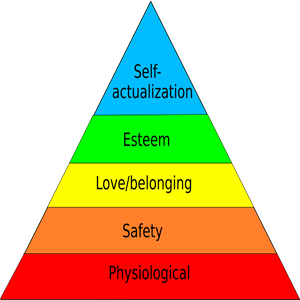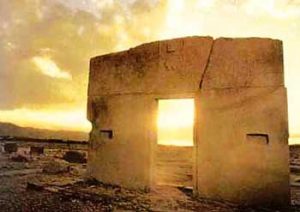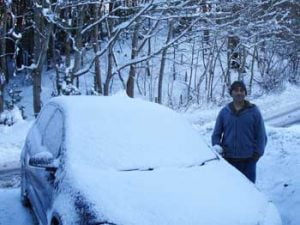life in an ivory tower
The Oxford English Dictionary defines an ivory tower as “a state of privileged seclusion or separation from the facts and practicalities of the real world”; the Merriam-Webster as “a secluded place that affords the means of treating practical issues with an impractical often escapist attitude.” These definitions also describe the apex of a Maslow hierarchy of needs. If the occupants of an ivory tower lacked for water, food, clothing or shelter, they would not be …









